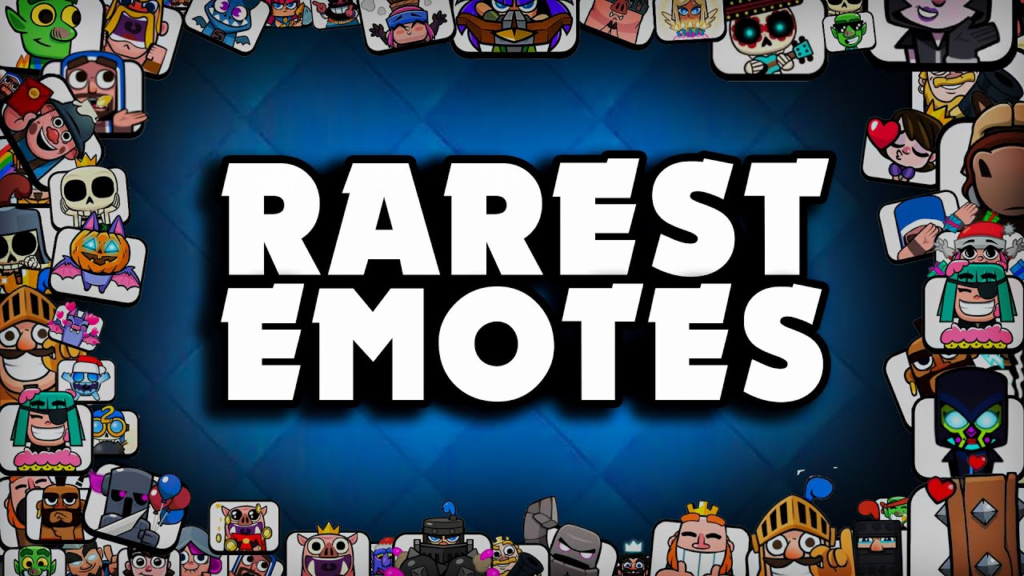ChatGPT in Smart Cities is making this a reality. By harnessing the power of AI, cities are evolving into smart, connected hubs that optimize resources, enhance sustainability, and improve everyday life. From reducing congestion to streamlining communication between citizens and services, ChatGPT is driving the urban innovation that will shape the cities of tomorrow. Ready to explore how AI can transform the way we live and interact with our urban spaces? The future is already here!
Understanding Smart Cities
Smart cities integrate information and communication technologies (ICT) to optimize urban services, promote sustainability, and improve the quality of life for residents. By harnessing data from various sources, such as sensors, IoT devices, and social media, smart cities can monitor and manage resources, infrastructure, and services in real-time. This data-driven approach enables city administrators to make informed decisions, predict trends, and respond proactively to emerging issues.
The Role of AI and ChatGPT in Smart Cities
AI is at the heart of smart city initiatives, offering powerful tools for analyzing vast amounts of data, automating processes, and providing intelligent insights. Here are some key applications of AI in smart cities:
1. Traffic Management
AI-powered traffic management systems use real-time data from cameras, sensors, and GPS devices to monitor traffic flow, predict congestion, and optimize traffic signals. This results in reduced travel times, lower emissions, and improved road safety. For instance, AI algorithms can dynamically adjust traffic light timings based on current traffic conditions, minimizing delays and enhancing the overall efficiency of transportation networks.
2. Energy Efficiency
Smart grids, powered by AI, facilitate efficient energy distribution and consumption. AI algorithms analyze energy usage patterns and predict demand, enabling utilities to optimize power generation and reduce wastage. Additionally, AI can integrate renewable energy sources, such as solar and wind, into the grid, promoting sustainability and reducing the carbon footprint of urban areas.
3. Public Safety
AI-driven surveillance systems enhance public safety by identifying suspicious activities and potential threats in real-time. Advanced image and video analysis algorithms can detect unusual behavior, recognize faces, and even predict crimes before they occur. This proactive approach allows law enforcement agencies to respond swiftly and effectively, ensuring a safer environment for city residents.
ChatGPT: Revolutionizing Urban Communication
ChatGPT, a language model developed by OpenAI, is revolutionizing how cities interact with their residents. As a conversational AI, ChatGPT can understand and generate human-like text, making it a valuable tool for improving urban communication and engagement.
1. Citizen Services
ChatGPT can be integrated into city websites, mobile apps, and social media platforms to provide instant responses to citizen inquiries. Whether residents need information about public services, report issues, or seek guidance, ChatGPT can handle a wide range of queries, offering timely and accurate assistance. This enhances the efficiency of municipal services and improves the overall experience for citizens.
2. Urban Planning
Urban planning involves extensive data analysis and public consultation. ChatGPT can assist urban planners by analyzing public feedback, generating reports, and providing insights into community needs and preferences. By engaging with residents through natural language conversations, ChatGPT can facilitate meaningful dialogues, ensuring that urban development projects align with the aspirations of the community.
3. Education and Awareness
ChatGPT can play a vital role in educating residents about smart city initiatives, sustainability practices, and emergency protocols. Through interactive chat sessions, ChatGPT can disseminate information, answer questions, and raise awareness about important issues. This fosters a well-informed and engaged citizenry, contributing to the success of smart city projects.
Challenges and Future Prospects
While AI and ChatGPT offer immense potential for smart cities, there are challenges to address. Data privacy and security concerns, algorithmic biases, and the need for robust infrastructure are critical considerations. Ensuring transparency, accountability, and inclusivity in AI-driven urban innovation is essential to build trust and maximize benefits.
Looking ahead, the future of smart cities with AI and ChatGPT is promising. As technology continues to evolve, we can expect more sophisticated applications, enhanced interoperability, and greater integration of AI into urban systems. Collaborative efforts between governments, technology providers, and citizens will be crucial in realizing the full potential of AI and ChatGPT in creating sustainable, livable, and resilient cities.
Conclusion
AI and ChatGPT are transforming smart cities by enabling intelligent decision-making, enhancing communication, and fostering innovation. From traffic management and energy efficiency to public safety and citizen engagement, these technologies are revolutionizing urban living. As we navigate the complexities of urbanization, embracing AI and ChatGPT will be instrumental in shaping the cities of the future, where technology and humanity coexist harmoniously to create thriving urban environments.



